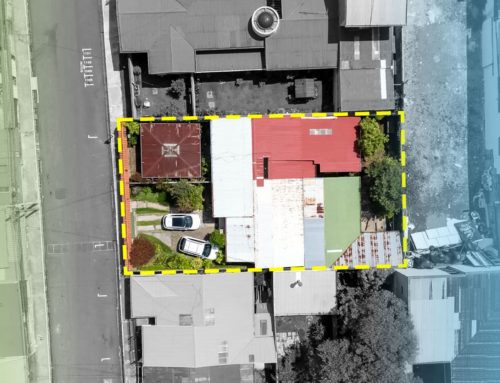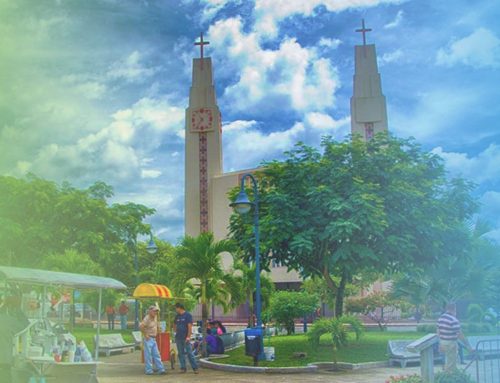Municipal taxes in Costa Rica, here’s everything you need to know about them before investing in properties in the country.
Municipality Taxes in Costa Rica
In Costa Rica, municipal taxes play a pivotal role in financing essential public services, infrastructure improvements, and socio-economic development. For property owners, comprehending these taxes is vital to ensure compliance and avoid potential legal ramifications. The process becomes significantly more straightforward if you are informed and start it properly at the time of purchasing your home.
Below we look at one municipality tax, The Property Tax.
Property Tax in Costa Rica
The Property Tax is one of the most important municipal taxes in Costa Rica. This tax levies on the ownership of real estate, including land, residences, commercial premises, and buildings.
The tax rate varies according to the cadastral value of the property and its location, being determined by each municipality. The revenues generated by the IBI are allocated to finance local services, such as garbage collection, road maintenance, parks, and emergency services.
Meeting these responsibilities not only ensures the proper functioning of local services but also preserves and enhances the value of our properties, ensuring a favorable environment for long-term investment and real estate development.
How is the amount calculated?
To calculate the Property tax, property owners must submit a comprehensive statement to the Municipality detailing the property’s development. Once the statement has been submitted, the Municipality calculates and determines the value of the property based on various variables, such as the number of meters facing the public street, the location, the total area of the property, and, if applicable, the total area of construction, among others.
By law, this statement must be renewed by the owner in front of the Municipality every five years. Hereby keeping the property value up to date.
How are Municipal Taxes paid in Costa Rica?
The process of paying municipal taxes in Costa Rica varies depending on the municipality. Property owners typically visit their respective Municipality offices to make in-person payments, providing the property number (“folio real”) and the owner’s identification. Alternatively, many Municipalities offer online platforms for bank transfers, with the proof of payment emailed along with the property details.
If you recently acquired a new property and you have not yet been reported to the Municipality as current owner, you will have to update their records first before being able to proceed with the payment of Property taxes. This can be done by presenting your proof of transfer documents.
Municipal taxes must be paid every quarter; however, it is possible to prepay the entire year. This is highly recommended as most Municipalities will grant a discount for early payment and it will avoid you having to go through the payment process every three months.
Use of Third Parties to Fulfill Your Payments
Property owners don’t need to handle tax payments personally; hiring a third party can streamline the process, particularly for those residing outside Costa Rica or facing language barriers. Third-party entities, such as legal and accountancy offices, offer invaluable assistance in meeting tax obligations and ensuring timely payments.
At NATIVU, our agents can connect you with trusted advisors to navigate tax responsibilities effectively.
Other Municipal Taxes in Costa Rica
There are other taxes and municipal fees in Costa Rica, such as corporate taxes, municipal patents, the tax on public shows, fees for municipal services (water, sewage…), among others.
It is important to check if you or the activities you carry out are subject to any of these taxes in order to make their effective payment.
If you, as a property owner, fail to meet your tax obligations, your property may be subject to a legal process carried out by the Municipality. Remember that the process is straightforward as long as you start it properly at the time of purchasing your home.
In Costa Rica, each payment process varies depending on the municipality to which you have to be accountable, so it is always advisable to gather as much information as possible and address all your doubts with the corresponding local government.











